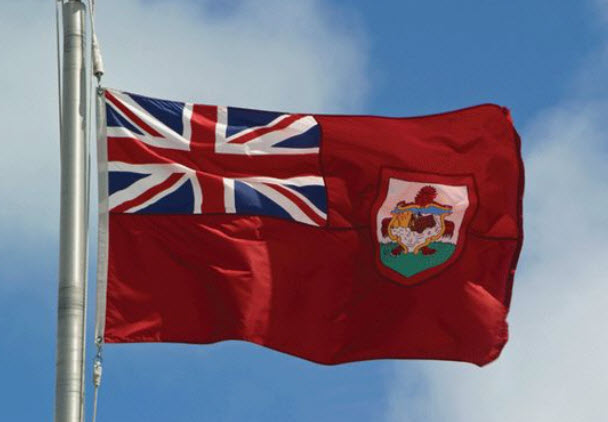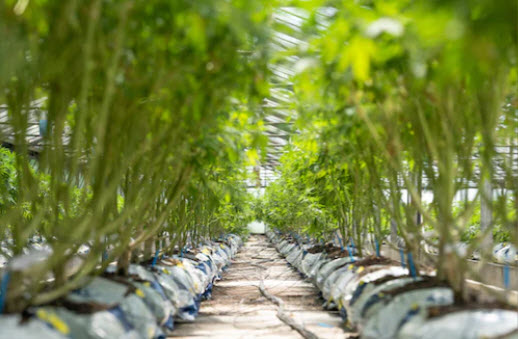The Governor of Bermuda has refused to approve Bermuda’s cannabis legalization legislation stating that it violates the 1961 Single Convention on Narcotic Drugs and the 1971 Convention on Psychotropic Substances
In a highly messy and internationally prominent spat between the government of Bermuda and the Governor, Rena Lalgie, Lalgie has blocked flagship legislation to legalize cannabis. Lalgie said on September 7, 2022, that she had been briefed by the British foreign secretary to refuse to give royal assent to the Progressive Labour Party’s Cannabis Licensing Bill. This is not new, however. The governor announced her “reserved assent” for the legislation in May when Boris Johnson was still Prime Minister of the UK.
Most of the time, the governor of Bermuda, appointed by the UK government, gives rubber stamp approval on behalf of the Queen.
Political Implications
The move comes a day after the new British Prime Minister, Liz Truss, entered into office pledging to “stand up for freedom and democracy around the world.” In fact, it also appears that this instruction was actually instigated by Truss who was foreign secretary before she took office as Prime Minister on Tuesday, not the incoming James Cleverly.
The move has, rather predictably, sparked an angry response from the Bermudan government. Responding on behalf of the same, attorney general Kathy Lynn Simmons said the development was “disappointing, but not surprising, given the confines of our constitutional relationship with the UK government and their archaic interpretation of the narcotic conventions.” She also added that “the people of Bermuda have democratically expressed their desire for a regulated cannabis licensing regime, following the strong endorsement at the ballot box and an extensive public consultation process.”
The entire incident is even more telling because the government, elected in 2020, has yet to pass successful cannabis legalization legislation. The last effort ended in a tie in the Senate. That said, as of last year, Bermuda’s premier stated publicly that he had no intention of tailoring the Bill to satisfy the UK’s conventions obligations. The government is also confirming its intention to press forward on passing (and then implementing) cannabis reform legislation.
What this means locally is that the government will not be deterred from efforts to implement one of its core platforms (cannabis reform,) and, once a bill does pass, is likely to implement the same, stoking a direct confrontation with the UK over the same.
Beyond anything related to cannabis, the contretemps may as a result, stir independence discussions in Bermuda, although so far, this has been denied by officials. The entire Caribbean has been on a strange brinkmanship with the UK about asserting territorial independence for some time. This was on display this March when Prince Willian and Kate Middleton visited the Bahamas, Belize and Jamaica as part of the Diamond Jubilee celebrations. The trip was controversial for a number of reasons, including the fact that in Belize and Jamaica, the couple was told that the time of Commonwealth membership was rapidly coming to an end. It was not helped by clumsy photo ops including the Duchess reaching out to the public through a chain wire fence in Trench Town.
Time To Amend Global Narcotics Conventions
What this dust-up is likely to do, however, is elevate the discussion on a global basis about how and where the international conventions on drug control need to be updated to include cannabis.
This is even more true given that in Europe, such issues are front and center in the reform discussions of Germany, Luxembourg, and Malta.
So far, discussions on an international level have stalled. The last time the UN met to discuss the same, in December 2020, cannabis was removed from Schedule IV of the 1961 Convention, but left other clauses, in both the 1961 and 1971 agreements unchanged. The UN at that time publicly stated that it was up to individual countries and regions to change their domestic laws before further progress would be made on a global basis.
The only problem with this stance, of course, is that it creates a circular logic. Opposition to cannabis reform on a sovereign and regional basis frequently quotes international law as a reason to either abstain from or delay legalization progress.
It is not likely that European countries are likely to back away from this discussion either – setting up a direct challenge to international drug conventions within the next 12 to 24 months. See Switzerland. See also ongoing multilateral talks between Germany, Malta, and Luxembourg on the same.
What is likely to happen, however, particularly given the unpopularity of the new British prime minister, is that British reform advocates will also use this incident to push harder for domestic reform. Not to mention stir the flames of independence locally.









